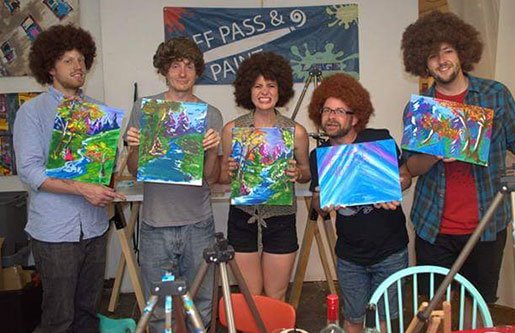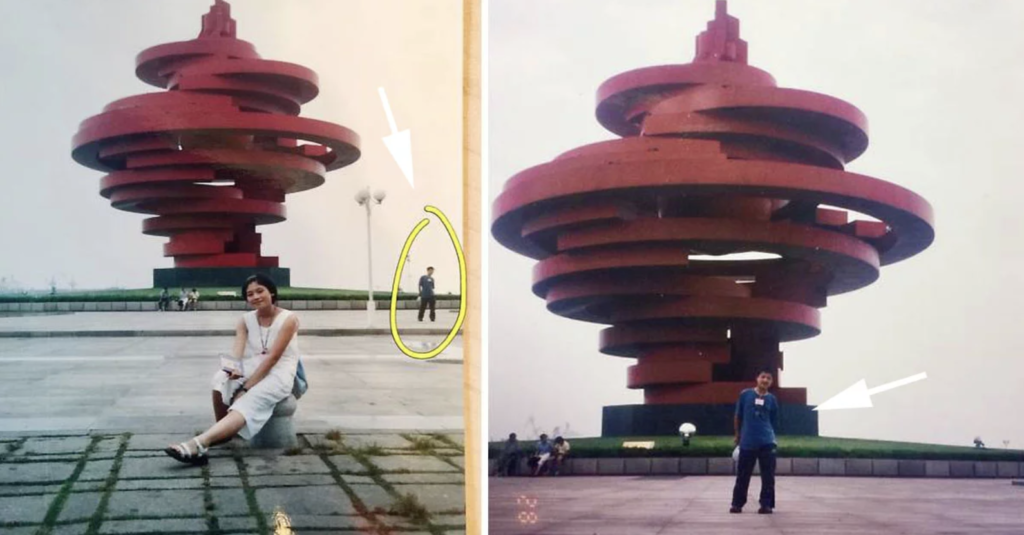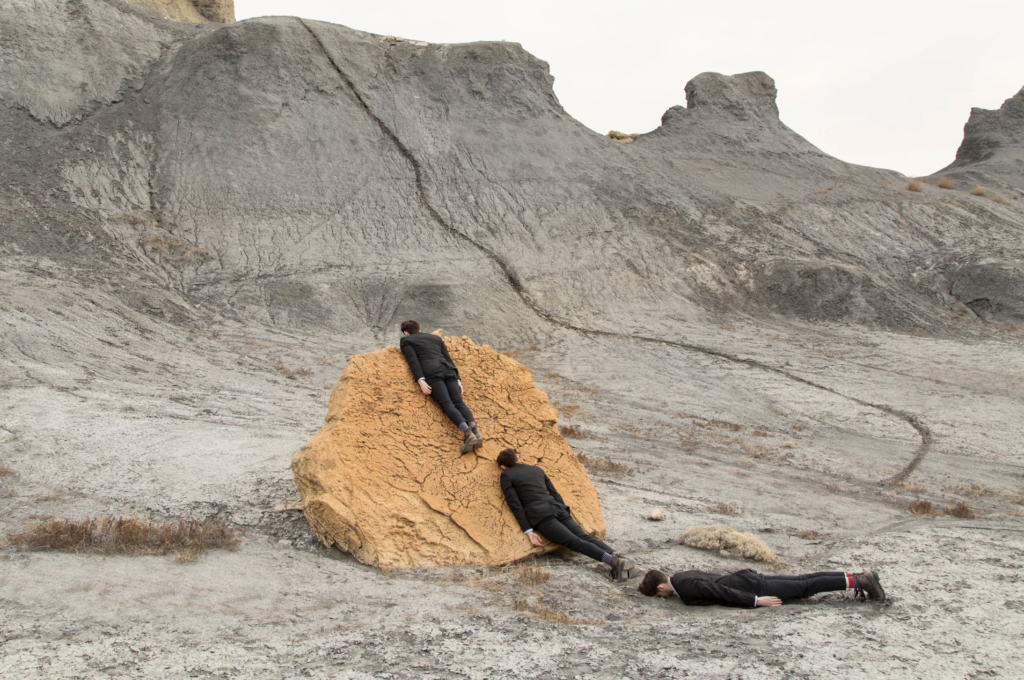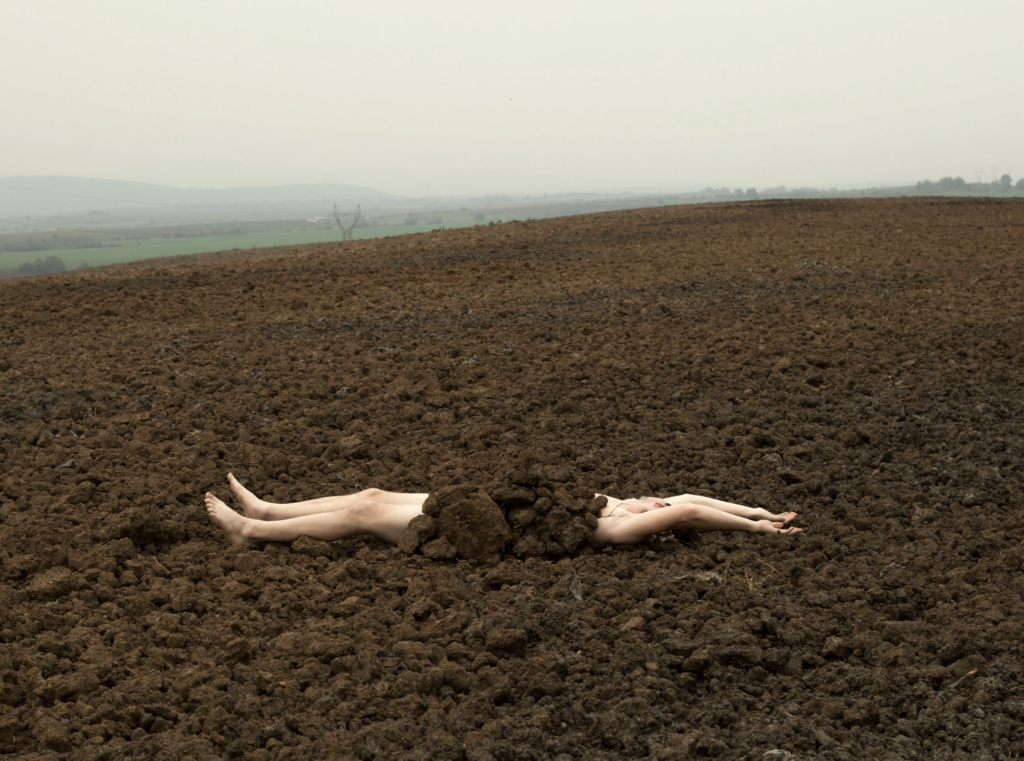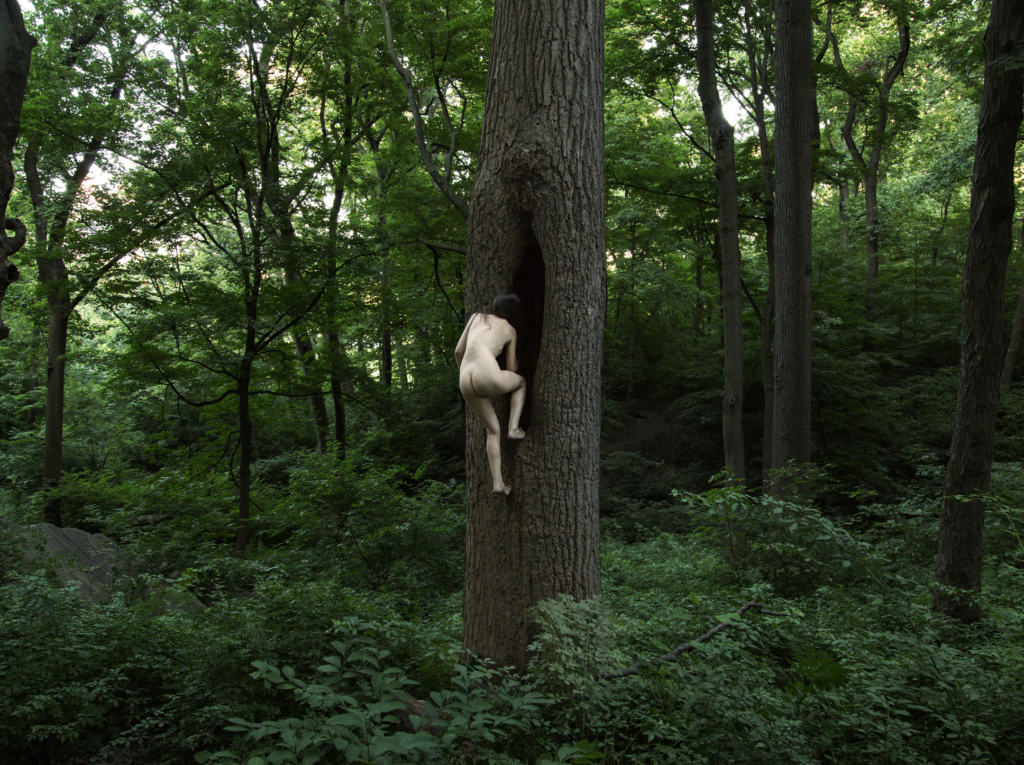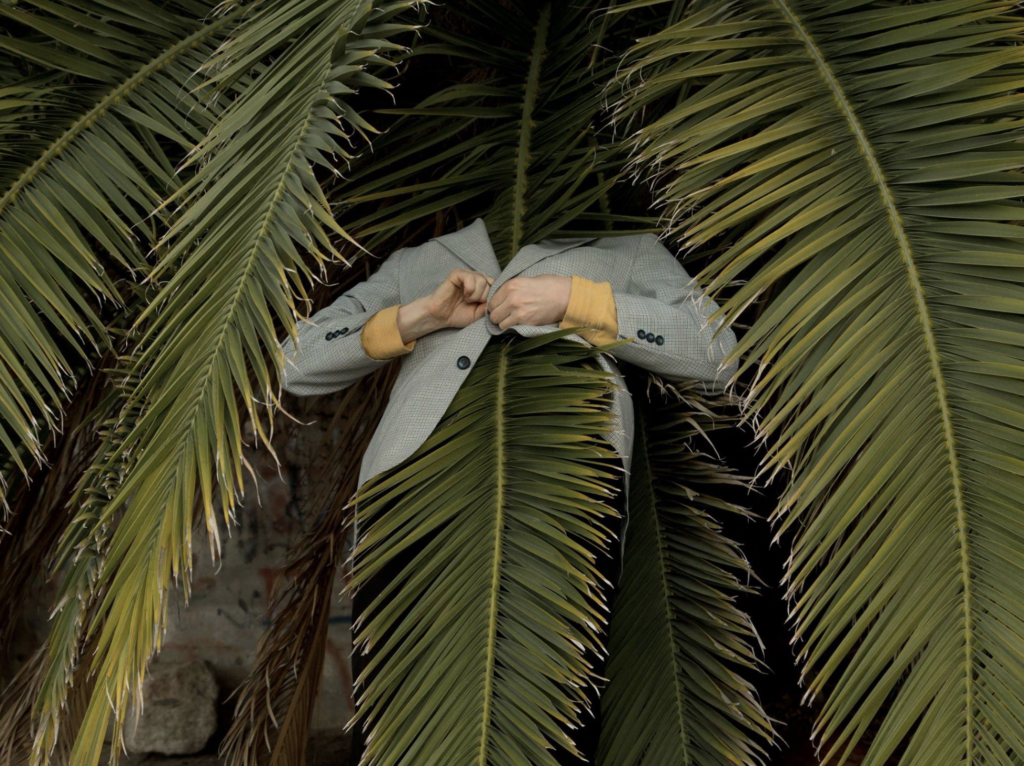I’m obsessed with biographies about the influencers and shakers of the 60s counterculture, the people who actively challenged American culture’s stifling status quo and aimed towards a reality completely different. Primary goals were to live free, to protest war and injustice and to focus on self and community love in a more aware, intentional way. The long-term effects can be observed around us today, including some of the origins of: vegetarianism, yoga, environmentalism, anti-racism, meditation, rave music, ethnic studies and LGBTQ scholastic departments, music festivals, Burning Man, feminism, liberated sexuality, and even the internet.
As for the living out loud piece, Augustus Owsley — also known as “Bear” — did this to a superlative and moshed to his own drum beat. In many ways he was a DaVinci of the movement, a self-learned garage chemist synthesizing (with the help of skillful lovers and friends) millions of hits of high quality LSD, he created the Grateful Dead’s Wall of Sound revolutionary speaker arrangement, he helped design the dancing bear logo, he was responsible for soundboard recordings of the Dead and other Bay-area musicians of the time, he ate only meat for most of his life, he became a jeweler towards the end, he was arrested over and over. His over-confident alpha-style personality frustrated many and caused many conflicts, but he kept moving forward. He eventually met the love of his life and the two retired to Australia on a large tract of rural land.
Bear’s story and impact is mythical, bigger than life and worth reading. Greenfield’s book Bear: The Life and Times of Augustus Owsley Stanley III is worth your while; I listened to the audio and enjoyed the well-told narration of Bear’s wild adventures and foibles.
Owsley’s high octane rocket fuel enabled Ken Kesey and his Merry Pranksters to put on the Acid Tests. It also powered much of what happened on stage at Monterey Pop. Owsley turned on Pete Townshend of The Who and Jimi Hendrix. The shipment of LSD that Owsley sent John Lennon resulted in The Beatles’ Magical Mystery Tour album and film.
robert greenfield

